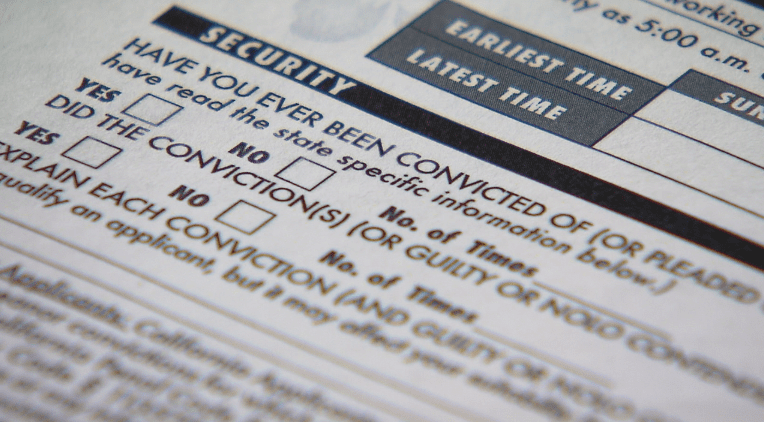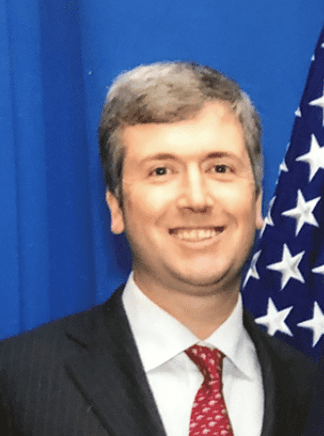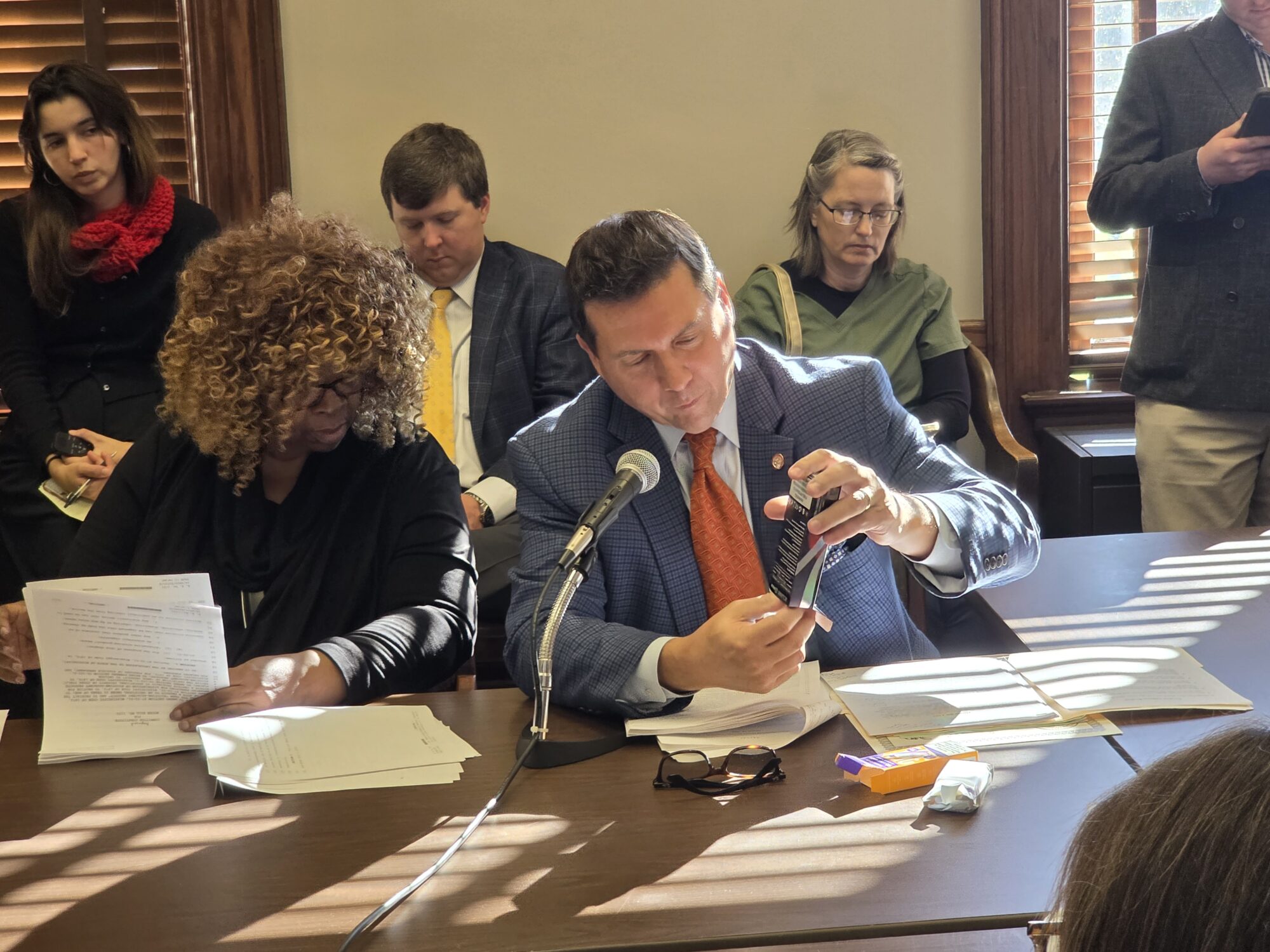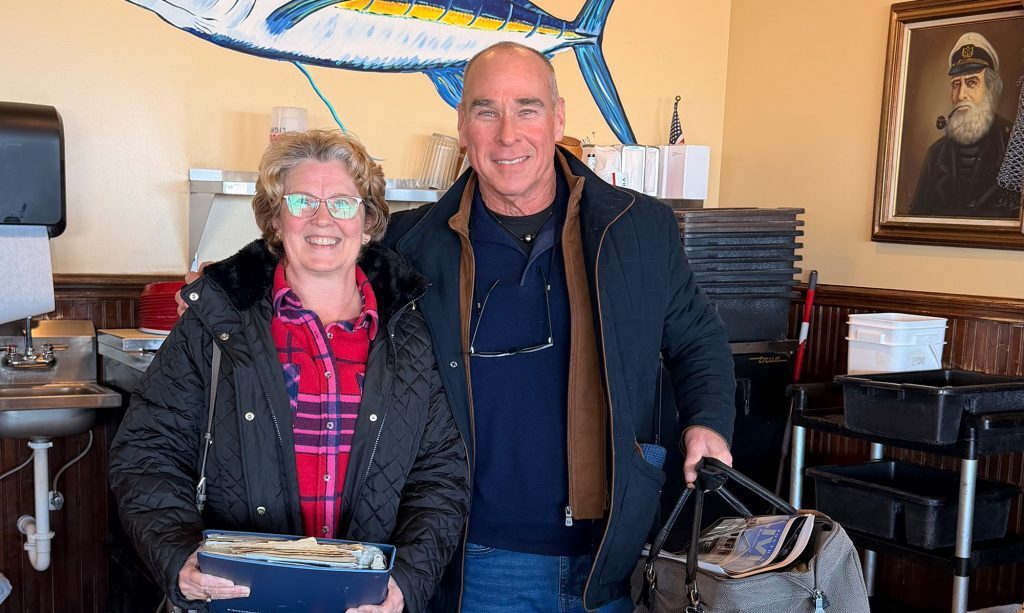
Legislation in the Senate would prevent public employers from requiring applicants to disclose whether or not they have been convicted of a felony crime on an application. This effort is otherwise known as “ban the box.”
“I’ve been working on this piece of legislation for years now,” said bill author Sen. Tammy Witherspoon. “What it does is ban the box on applications that ask, ‘Have you ever been convicted of a felony?’”

While it has not passed in prior sessions, this year Witherspoon said that support for the legislation has been across the board.
When speaking with Lt. Governor Delbert Hosemann he also indicated he is in support of the bill. “I mean, I’m going to support the bill,” said Hosemann.
Hosemann added that applicants are asked to be honest with the employer coming forward, but many people aren’t given the opportunity to sit down in front of an employer when they have to check that box on the application.
“I go back to the Bible, let the first one who has not sinned cast the first stone,” said Hosemann. He said these individuals shouldn’t be automatically kicked out of the process because of a mistake from their past where they have already paid the price.
He said he is hopeful it will come out of the Senate.
Hosemann wants to increase the labor force by one percent a year, which is roughly 20,000 people. He said individuals do not need to be excluded that may, in fact, be qualified to do the job.
Witherspoon explained that often times this felony disclosure box comes right after your name and address, before an employer ever gets to your experience, education or credentials for a job.
“We think there is a lot of prejudice when you see that box checked and a lot of times those applications are not looked at,” said Witherspoon.
SB 2112 passed the Judiciary B Committee on deadline day. Witherspoon said for public employers who require a background check upon a job offer, the box might not be there but the opportunity to disclose a criminal record would be offered in the process.
“They’ll have the opportunity to disclose the information upfront before a background check is done,” said Witherspoon.
The bill would not require private employers to adopt the same practice.
In the initial bill, Witherspoon said potential employees would have the opportunity to offer up this information in the second phase of the employment process, after an interview or a conditional offer of employment was offered. However, the Committee Substitute that was passed in Judiciary B, did not address that language. Witherspoon said it is something she expects to be worked out before the bill leaves the Senate.
“I anticipate lots of questions, but I do believe it will pass,” Witherspoon noted. “This is a bill that falls in line with what we are trying to do to get formerly incarcerated individuals back to work.”
Currently, 33 states and Washington D.C. have ‘ban the box’ laws on the books, including nearby neighbors Louisiana, Georgia and Tennessee. All ‘ban the box’ legislation varies from state to state. For instance, Arizona limits the exclusion to state agencies only while California requires all employers who have more than five employees leave off the box.











